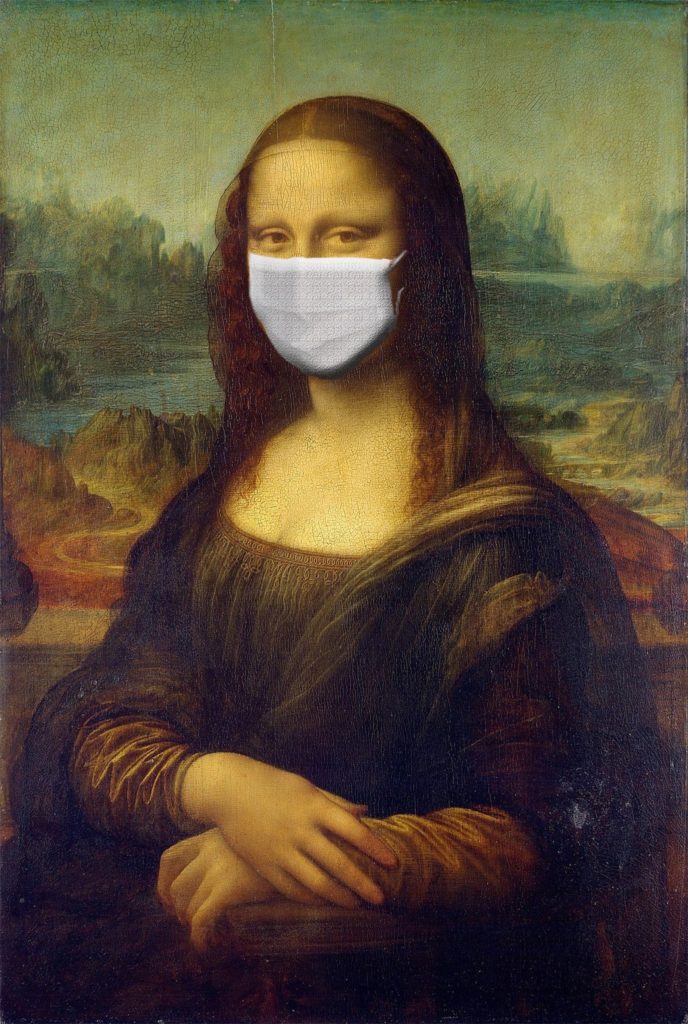Time for reflection

These are harrowing times. The world is in turmoil because of the coronavirus, which proves once more how vulnerable humanity really is. The entire system has gone completely haywire because of a minuscule, microscopic virus. This is a familiar phenomenon in complexity theory: small causes have enormous and unpredictable effects. Sudden hoarding – wholly unnecessary, incidentally – and the extreme reactions of the stock market are just two examples of the unexpected effects of a small disruption to the system. And yet the shockwave is gigantic. Why does this virus have such a dramatic effect on our feelings of well-being? What are we actually dealing with? And if we look beyond the surface, what is going on? What do we really know about that minuscule coronavirus?
Ever since the Enlightenment, Western man has presumed he lives in a malleable world. Don’t get me wrong: a world malleable by man. Descartes said it so well, with his celebrated Cogito ergo sum – I think, therefore I am. And because I think I can elucidate, understand and shape the system. This is indeed what we have done for the last few hundred years, and not without consequences. The world was our oyster and we did with it what we saw fit. We are in fact still living under this assumption of malleability. This applies – perhaps even more emphatically – to the economy.
And this is why the blow from that minuscule virus is hitting us so hard. The facts are brutally rubbing our noses in it: not only does the tiny virus constitute a threat to human health, it also shows that we are not ‘in control’ at all, that the world is not malleable and that humans are not ‘Masters of the Universe’. The virus knocks down our implicit worldview and makes us experience our own vulnerability and powerlessness. It doesn’t matter how hard we research it or who we consult, we still have to live with it day-to-day. Plannable, malleable, predictable: all notions that are part of our implicit daily mindset and no longer work.
Hopefully we will have learned a lesson after all the commotion is behind us, because the time has come to thoroughly re-evaluate our social and scientific premises, four centuries after the Enlightenment. And while reconsidering, with any luck we will reflect on some of the fallacies of the last 400 years. Let me give two examples.
First of all, we are not ‘Masters of the Universe’. We aren’t better than the rest. We are part of a larger whole, the ecosystem. And this ecosystem is not ours only, it belongs to all of us. Trees, flowers, animals, bacteria – everything has a role and a valuable place within that living system.
Secondly, the world is not malleable: it shapes itself. The harder we try to control the world, manipulate it and use it for our own goals, the more we destroy. The system is reaching its limits. When this is all over it would be good to have learned at least one thing from that minuscule, microscopic virus.